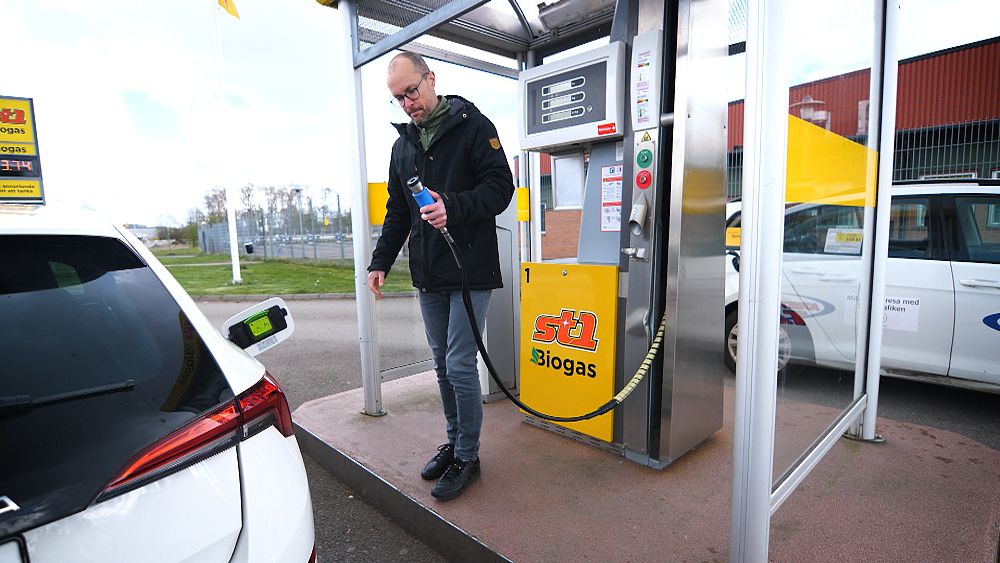Seven cities in southern Sweden opt for fossil-free fuels

The Skåne region speeds towards its long-term climate goals with a fossil fuel-free strategy that includes public transport, district heating, cooling and electricity.
In southern Sweden, cities in the Skåne region such as Malmö and Lund have committed themselves to eliminating fossil fuels and reducing CO2 emissions across a number of municipal services.
Thanks to the production of biogas and the use of wind power, polluting fuels such as petrol, oil, coal and natural gas have been minimised as Magnus Lund, a climate strategist from Kristianstad explains: “We have to share good solutions. We need to share them openly in order to solve all the big environmental challenges that we have”.
Decarbonising transportation has been a top priority. Among the various initiatives taken, the municipality of Lund has developed a groundbreaking system for business travel.
City employees now have access to a fleet of green vehicles via a booking system. Depending on their needs and the distance to be covered, the platform offers commuters cars running on biogas and electricity, but, more importantly, it offers bicycles.
“The idea of this system is to both optimise the vehicle fleet so that we can use the cars and the bicycles more efficiently and also, to steer people’s behaviour towards walking, biking and using public transportation before they choose the car,” said Elin Dalaryd, a climate strategist from Lund.
Seven cities in the region are participating in the project. Green energy initiatives in transport, heating and construction have already been taken and the results are there, according to the project coordinator.
“We are now 98% fossil free in our seven municipalities and we have cut greenhouse gas emissions by 73% in seven years so it is a great result,” said Johannes Elamzon, the project manager behind ‘fossil fuel-free municipalities in Skåne 2.0’
The project has a total budget of almost €1.6 million euros, half of which is financed by the European cohesion policy. 53,000 municipal employees are involved in the scheme.
Meanwhile, in another initiative, a truck collecting garbage is being used to create biofuel.
The organic waste is processed in a biogas plant in Kristianstad, one of the first in Sweden. The plant has been in operation for more than 20 years and is owned by the municipality.
“We are able to recirculate the energy that you take out. You can use it for buses and cars in the municipality and also the nutrients in the material, we can take out to the fields and then fertilise for new crops” said Tore Sigurdsson, a biogas plant manager for utility company, C4 Energi.
Most of the biogas is used as biofuel. And some is also used for heating. This circular system is particularly suited to the local environment.
“We had a problem with a lot of organic waste because we have a lot of agricultural land and food industries in our municipality. With time, we realised that we can use it as a source of clean energy — similar to innovations in which we started with a problem and ended with a good solution” added Lund.
Source: Euro News














